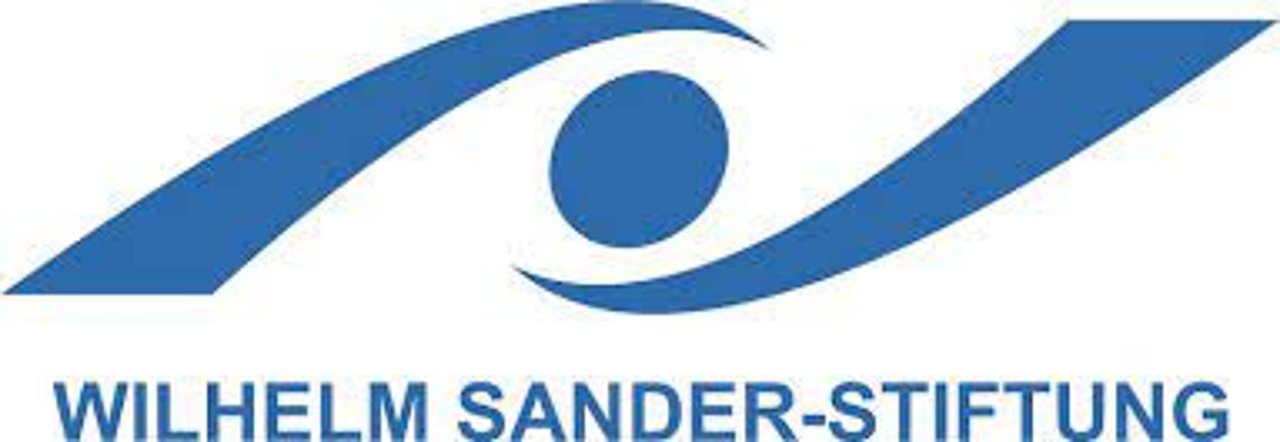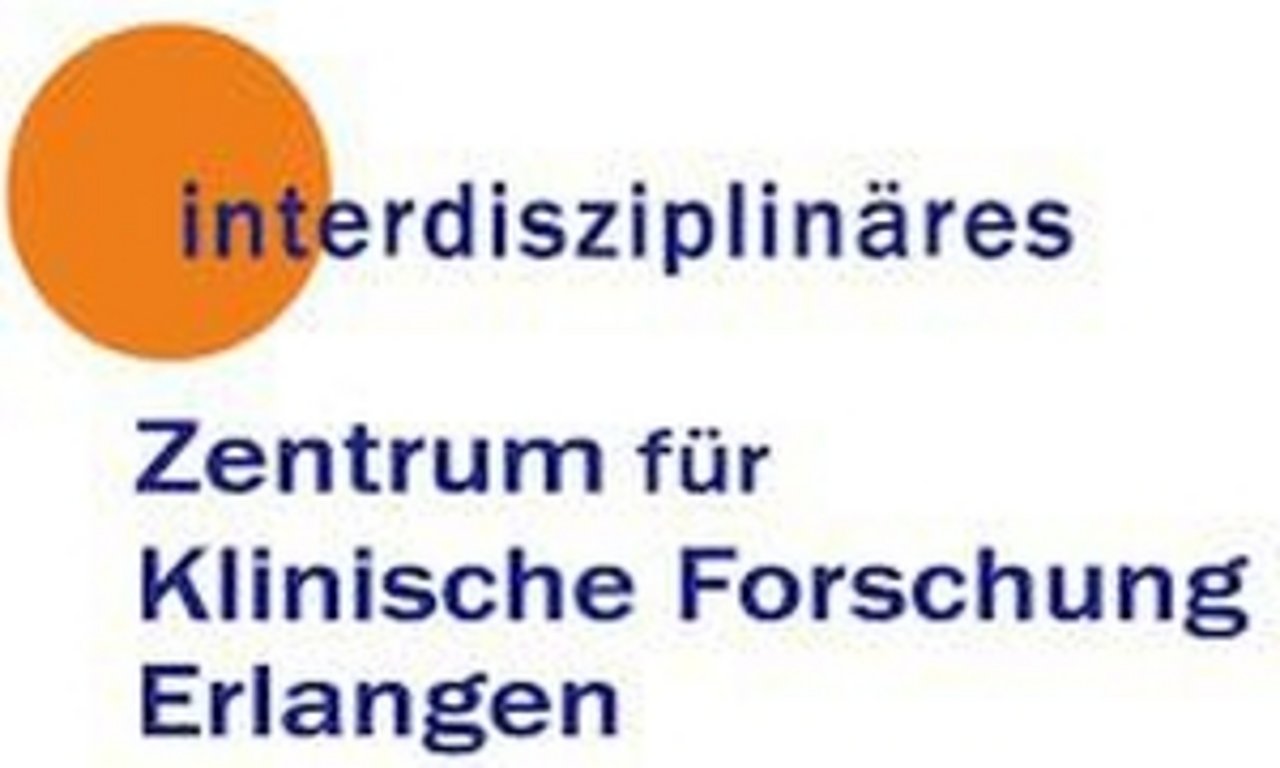Research focus
Chimeric antigen receptor (CAR)-T cell therapies have emerged as a curative approach for patients with relapsed or refractory B-cell malignancies, including B-cell non-Hodgkin lymphoma (NHL) and acute lymphoblastic leukaemia (ALL). Despite the pronounced clinical benefit of CAR-T cell therapy with promising rates of complete responses, a significant fraction of patients still experiences tumor progression or relapse. Our research group aims to understand the mechanisms controlling functionality and persistence of CAR-T cells and therefore identify strategies to overcome treatment failure and to achieve durable clinical remission. By combining sequencing, molecular and functional analyses we are studying the nature and dynamics of both early expanding CAR-T cells that mediate initial responses as well as long-term-persisting CAR-T cells providing immune surveillance against malignant cells.
Moreover, our lab focuses the relevance and function of human T cells in auto- and alloreactive immune reactions. The regulation of T cells by molecular and cellular mechanisms is of central importance in the control of immune responses. In the context of allogeneic stem cell transplantation, we are investigating the interaction of regulatory and effector T cells and the underlying key molecules and signaling pathways. Further understanding of the mechanisms may have important implications for treatment of graft-versus-host disease.
In addition, we investigate the importance of uncommon T cell subsets in autoimmune diseases. We are especially interested in studying a rare human disorder of dysregulated lymphocyte apoptosis, called Autoimmune Lymphoproliferative Syndrome (ALPS). This disease is characterized by a highly elevated frequency of circulating double-negative T- (DNT) cells. By now, the origin and functionality of this uncommon cell subpopulation still remain elusive. We are interested in the mechanisms leading to the accumulation of DNT cells and the functional properties of these cells. Furthermore, we want to determine whether DNT cells facilitate the pathogenesis of ALPS.
Thematic focus
- Phenotype, function and persistence of CAR-T cells
- Regulation of auto-/alloreactive T-lymphocytes
- Autoimmune Lymphoproliferative Syndrome (ALPS)
Collaborations
- Dr. Michael Aigner, Department of Internal Medicine 5, Erlangen
- PD Dr. Fabian Müller, Department of Internal Medicine 5, Erlangen
- Prof. Dr. Peter Fasching, Department of Gynecology and Obstetrics, Erlangen
- Prof. Dr. Markus Metzler, Department of Paediatrics and Adolescent Medicine, Erlangen
- Prof. Dr. Julio Vera-González, Department of Dermatology, Erlangen
- Prof. Dr. Marion Subklewe, LMU University Hospital, Munich
- Prof. Dr. Stefan Ehl, Center for Chronic Immunodeficiency, Freiburg
- Dr. Maurizio Miano, Gaslini Children’s Hospital, Genua, IT
- Dr. Peter Arkwright, Royal Manchester Children's Hospital, Manchester, UK
Research support
- German Research Foundation (DFG)
- Deutsche José Carreras Leukämie Stiftung
- Bayerische Forschungsförderung
- Wilhelm Sander-Stiftung
- Interdisciplinary Center for Clinical Research Erlangen
Selected Publications
Reimann H, Kremer AN, Blumenberg V, Schmidt KG, Aigner M, Jacobs B, Eisenhauer N, Kämpf A, Roesler W, Kharboutli S, Mougiakakos D, Lang V, Lischer C, Irrgang P, Leppkes M, Gonzalez JV, Krönke G, Kremer AE, Tenbusch M, Bruns H, Harrer T, Müller F, Schett G, Mackensen A, Subklewe M, Völkl S. Cellular and humoral immune responses to SARS-CoV-2 vaccination in patients after CD19.CAR-T cell therapy. Blood Advances 2022, doi: 10.1182/bloodadvances.2022007806.
Mackensen A, Müller F, Mougiakakos D, Böltz S, Wilhelm A, Aigner M, Völkl S, Simon D, Kleyer A, Munoz L, Kretschmann S, Kharboutli S, Gary R, Reimann H, Rösler W, Uderhardt S, Bang H, Herrmann M, Ekici AB, Buettner C, Habenicht KM, Winkler TH, Krönke G, Schett G. Anti-CD19 CAR T cell therapy for refractory systemic lupus erythematosus. Nature Medicine 2022, 28(10):2124-2132
Mougiakakos D, Krönke G, Völkl S, Kretschmann S, Aigner M, Kharboutli S, Böltz S, Manger B, Mackensen A, Schett G. CD19-Targeted CAR T Cells in Refractory Systemic Lupus Erythematosus. New England Journal of Medicine 2021, 385(6):567-569
Haug T, Aigner M, Peuser MM, Strobl CD, Hildner K, Mougiakakos D, Bruns H, Mackensen A, Völkl S. Human Double-Negative Regulatory T-Cells Induce a Metabolic and Functional Switch in Effector T-Cells by Suppressing mTOR Activity. Frontiers in Immunology 2019. doi: 10.3389/fimmu.2019.0088
Völkl S, Rensing-Ehl A, Allgäuer A, Schreiner E, Lorenz MR, Rohr J, Klemann C, Fuchs I, Schuster V, von Bueren AO, Naumann-Bartsch N, Gambinerie E, Siepermann K, Kobbe R, Nathrath M, Arkwright PD, Miano M, Stachel KD, Metzler M, Schwarz K, Kremer AN, Speckmann C, Ehl S, Mackensen A. Hyperactive mTOR pathway promotes lymphoproliferation and abnormal differentiation in autoimmune lymphoproliferative syndrome. Blood 2016, 128(2):227-38
Comment on Völkl et al: Carl E. Allen. ALPS DNT cells: active senior living with mTOR. Blood 2016, 128(2):152
Allgäuer A, Schreiner E, Ferrazzi F, Ekici AB, Gerbitz A, Mackensen A, Völkl S. IL-7 abrogates the immunosuppressive function of human double-negative T cells by activating Akt/mTOR signaling. Journal of Immunology 2015, 195(7):3139-48
Rensing-Ehl A*, Völkl S*, Speckmann C, Lorenz MR, Ritter J, Janda A, Abinun M, Pircher HP, Bengsch B, Thimme R, Fuchs I, Ammann S, Allgäuer A, Kentouche K, Cant A, Hambleton S, Bettoni da Cunha C, Huetker S, Kühnle I, Pekrun A, Seidel MG, Hummel M, Mackensen A, Schwarz K, Ehl S. Abnormally differentiated CD4+ or CD8+ T-cells with phenotypic and genetic features of double negative T-cells in human Fas deficiency. (*contributed equally), Blood 2014, 124(6):851-60





